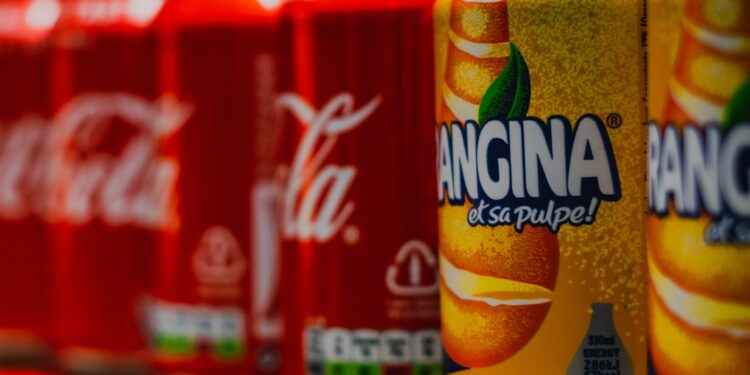It’s a worldwide epidemic.
The consumption of sugar-sweetened beverages (SSBs) is responsible for over 2 million new cases of type 2 diabetes and 1.2 million new heart disease cases each year worldwide, according to new research published on January 6 in Nature Medicine. This growing issue affects countries across the globe, with some nations facing particularly severe health impacts, including Colombia, Mexico, and South Africa.
In Colombia, nearly half of all new diabetes cases can be linked to sugary drink consumption. In regions such as Sub-Saharan Africa, SSBs account for over 21% of new diabetes diagnoses. In Latin America and the Caribbean, sugary drinks contribute to almost 24% of new diabetes cases and more than 11% of new cardiovascular disease cases.
Dr. Laura Lara-Castor, an epidemiologist at the University of Washington and one of the study’s authors, stressed the urgent need for evidence-based interventions to reduce SSB consumption globally, warning that more lives will be lost to diabetes and heart disease without immediate action.
Sugary drinks are harmful for several reasons. They are high in calories but low in nutritional value, are quickly digested, and can be consumed rapidly, often before feelings of fullness occur. Over time, regular consumption leads to weight gain, insulin resistance, and other metabolic disorders, which are major contributors to type 2 diabetes and heart disease.
The availability and affordability of SSBs make the problem worse. These beverages are heavily marketed in low- and middle-income countries, where populations are often less equipped to handle the long-term health consequences. Dr. Dariush Mozaffarian, another study author and director of Tufts University’s Food is Medicine Institute, highlighted how these communities are both consuming harmful products and struggling to cope with their aftermath.
As countries develop and incomes rise, the consumption of sugary drinks tends to increase. This trend is predictable and calls for urgent action. One potential solution is policy changes such as soda taxes. Research from the Boston University School of Public Health has shown that raising prices on SSBs in U.S. cities like Seattle and Philadelphia led to reduced consumption. Similarly, taxes on sugary drinks in several California cities resulted in lower beverage sales and a decrease in youth body mass index (BMI).
The authors suggest that these approaches, along with public health campaigns and stricter regulations on sugary drink advertising, could help tackle the issue globally. In some regions, sugary drinks have become symbols of status, with educated adults in Sub-Saharan Africa, for example, being particularly influenced by Western-branded products, due in part to aggressive advertising by multinational companies.
Over 80 countries have already implemented measures to reduce SSB consumption, and while reversing the trend may seem challenging, some nations are already experiencing success. Policies such as soda taxes, marketing restrictions, and product labels that educate consumers about the risks of sugary drinks have led to declines in soda consumption, particularly in Latin America and the Caribbean.

































Discussion about this post